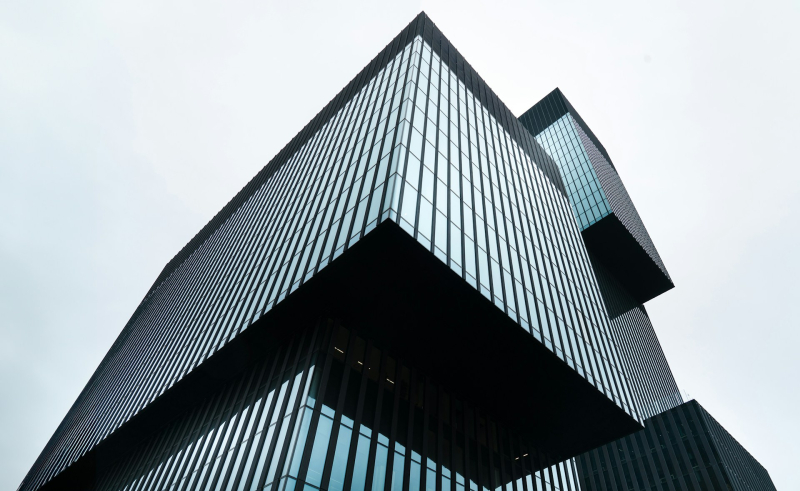
Petr Němec | 22.11.2024
Financial Statements for 2024 and Top-Up TaxesTaxes, accounting, law and more. All the key news for your business.
| March 11, 2019
The Income Tax Act states that self-employed persons can apply their actual expenses, counter to their income, which were used to achieve, secure, and maintain their income within the bounds of limits given by the law. If the tax subjects meet the necessary conditions, they may decide for the easier way to apply deductible expense – lump sum expenditure. Lump sum expenses are set at a certain percentage of the subject’s income between 30 % to 80 % depending on the conducted activity. Since 2015, lump sum expenditure has a top limit which can be applied by the tax subject. Originally, this maximum amount was at 2 million CZK and later it was lowered to 1 million CZK. There is currently an ongoing discussion about the maximum being set at 2 million CZK again.
The Supreme Administrative Court (SAC) has recently dealt with a case in which it was to decide when a taxpayer with a license to trade can apply lump sum expenditure of 80 % and when 60 %.
The situation of the taxpayer was such: the tax subject conducted an activity on the basis of a license to trade and claimed that the main activity was tinsmithing and coachwork fixing. Because of that, the subject used the option of applying lump sum expenditure of 80 % in the tax return, since this rate can be applied in cases of craft businesses. Although the taxpayer did have a trade license, it was only for an unqualified trade, not for a craft trade which can be obtained only after meeting the requirements of professional competence. On May 18th, 2015 the tax subject received adjustment tax statements from the financial administration for personal income tax for the 2014 taxation period. The taxpayer appealed against it, however, on 16th 2015 this appeal was rejected by the Appellate Financial Directorate. Because the taxpayer filed a suit with the regional court in Hradec Králové, the contested decision was revoked May 31st 2017 and the affair was returned for further action to the Appellate Financial Directorate.
According to the regional court the heart of the matter was the question whether the decisive criterium for determining the rate of the lump sum expenditure is the definition of the trade stated in the taxpayer’s license to trade. Article 7 of the Income Tax Act in its pre-2014 form stipulated that having a trade license was necessary so that certain income could be considered income from trade activity. But according to the regional court, this has not been the case since 2014. However, the taxpayer must provide other evidence to show which activity was conducted in relation to the applied lump sum expenditure. The taxpayer suggested his issued invoices be examined and said that his customers may also be interviewed. The financial administration did not follow this any further, which the court disagreed with because in their view the financial administration should have looked closer at this evidence which the defendant wanted to use to prove that the lump sum expenditure was applied in relation to income from craft trade.
The financial administration reacted to this with an appeal in cassation. The SAC was supposed to decide whether the criterium determining the rate of the flat rate expenditure is exclusively the trade specification in the taxpayer’s license to trade. The regional court made their decision based on the fact that it is no longer necessary for the person in question to have the relevant trade license; what decides is which activity he really conducts and can prove with other types of evidence than the trade license itself.
The SAC supported the opinion of the financial administration and concluded that if the taxpayer does not have the relevant trade license, the income should not be included under, for example, other types of income instead of income from self-employment due to not meeting the conditions of some other legislation than tax legislation (in this case the Trade Licensing Act). However, this was not the subject-matter of the case since the taxpayer did have a trade license. According to the SAC, the problem was not the categorization of income (or expenses) into a category that corresponded the most with the conducted activity, but the scope of tax tolerance for those who do not have a trade license for the activity which allows them to apply the most advantageous lump sum expenditure. Thus, they concluded that it is logical and lawful according to the legislation to bind the possibility of maximum lump sum expenditure to the cases in which the trade activity presupposes certain qualification. That qualification should guarantee certain quality of provided services (trade, or craft). The craft trade license is what certifies that the craft is being conducted by someone with sufficient qualification. The SAC did not find any reason why such advantage should be enjoyed by those who do not have such qualification, i.e. do not have the relevant craft trade license. Those should apply the lump sum expenditure of a lower rate. Therefore, the court decided that the tax administration acted in accordance with the law in assessing the adjustment tax.
Šárka Veselá, Pavlína Valešová & Tereza Červenková